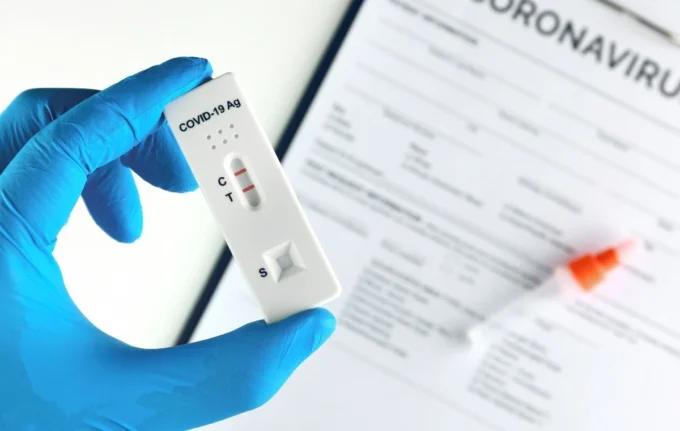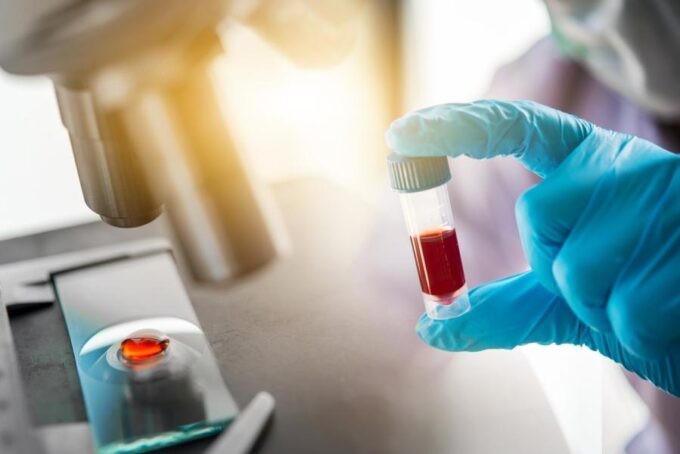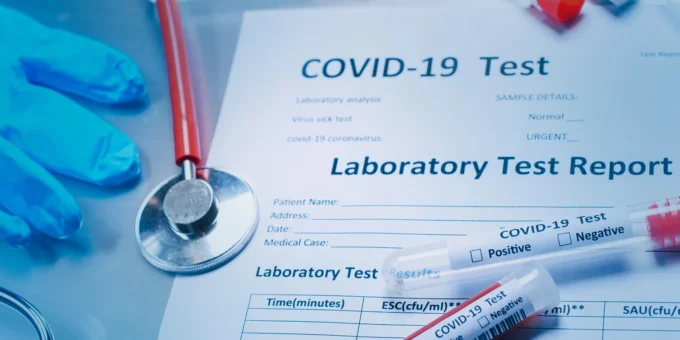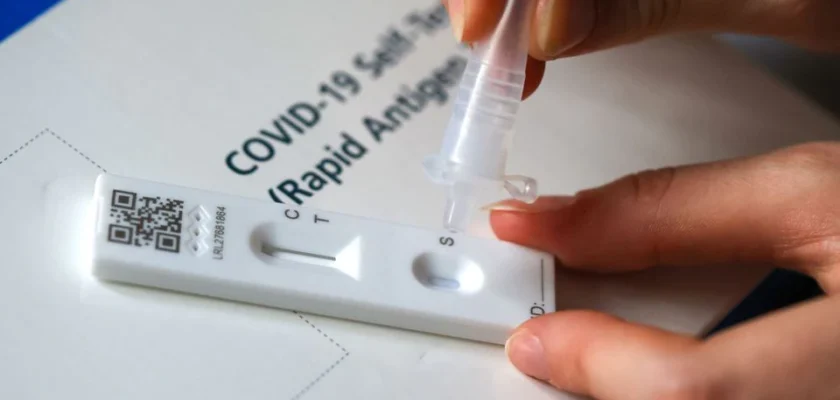As the Covid-19 pandemic continues, testing remains one of the most important tools we have for understanding the virus and keeping people safe. But with so many different types of tests available, it can be hard to know which ones are the most accurate. In this blog post, we will explore the different types of Covid-19 tests available and how they compare in terms of accuracy. We will also discuss some of the factors that can impact a test’s accuracy, such as the type of virus strain and the person’s symptoms. By the end, you should have a better understanding of which tests are best for different situations.
What is Covid-19?

Source:justia.com
Covid-19 is a novel coronavirus that was first identified in 2019. It is similar to other coronaviruses, such as SARS-CoV and MERS-CoV, but it is more contagious and causes more severe respiratory illness. Symptoms of Covid-19 include fever, cough, and shortness of breath. The virus can spread through person-to-person contact, droplets from an infected person’s cough or sneeze, and contact with contaminated surfaces. There is no specific treatment for Covid-19, but patients can receive supportive care to help relieve symptoms.
PCR Tests
PCR tests are considered the most accurate type of test for detecting the presence of the Covid-19 virus. This is because PCR tests can detect very small amounts of the virus, even if it is present in a person who does not yet have any symptoms.
There are some limitations to PCR tests, however. For example, they can take several hours to provide results, and they require special equipment and trained personnel to administer. Additionally, PCR tests are more expensive than other types of tests.
Antigen Tests

Source:news-medical.net
There are a few different types of tests available to detect Covid-19, each with its own set of benefits and drawbacks. Antigen tests are generally the fastest and most affordable option, but they aren’t as accurate as other types of tests.
A rapid antigen test works by detecting pieces of the virus that are present on the surface of infected cells. These tests can usually produce results in just a few minutes, but they are less accurate than other types of tests. In general, antigen tests have a sensitivity (ability to correctly identify positive cases) of around 80%. This means that 20% of people who have Covid-19 will test negative using this method.
If you think you may have been exposed to Covid-19, or if you are experiencing symptoms, it is important to get tested as soon as possible. If you test positive, you should self-isolate and contact your local public health department for further guidance.
Antibody Tests

Source:cidrap.umn.edu
There are two types of antibody tests: blood tests and saliva tests. Blood tests are the most accurate, but they require a blood draw, which can be uncomfortable for some people. Saliva tests are less accurate, but they’re much easier to tolerate.
Here’s how these two types of tests work:
– Blood tests. Blood tests look for antibodies that your body has made in response to the coronavirus. Antibodies are proteins that help fight off infections.
If you have the coronavirus, your body will make antibodies to it. These antibodies will show up in a blood test. The test can tell if you have had the virus in the past or if you have it now.
Blood tests are very accurate, but they do have some drawbacks. First, you need to have a blood draw, which can be uncomfortable for some people. Second, it can take a few days to get results back from a blood test. And finally, blood tests are more expensive than saliva tests.
– Saliva tests. Saliva tests look for pieces of the coronavirus itself, rather than antibodies made by your body in response to the virus. This means that saliva tests can tell if you have the virus right now.
Saliva tests are less accurate than blood tests, but they’re much easier to tolerate. You don’t need a blood draw, and you can get results back from a saliva test in just a few hours.
The downside of saliva tests is that they’re more expensive than blood tests.
False Positives and Negatives
A false positive test result is when a test says you have a certain condition when you do not actually have it. A false negative test result is when a test says you do not have a certain condition when you actually do have it.
Neither false positives nor false negatives are desirable outcomes of a Covid-19 test. A false positive could lead to someone self-isolating unnecessarily, while a false negative could give someone a false sense of security and cause them to spread the virus unknowingly.
So which Covid-19 tests are the most accurate in avoiding these undesirable outcomes? PCR tests are generally considered to be the most accurate, with fewest false positives and negatives. But there are other factors to consider as well, such as how soon after infection the test is taken, and the expertise of the laboratory conducting the test.
How Accurate are The Tests?
There are a few different types of tests available to detect Covid-19, each with its own level of accuracy. The most accurate test is the PCR test, which can detect the virus with great accuracy. However, this test is also the most expensive and not always readily available. The next most accurate test is the antigen test, which is less expensive but still quite accurate. Finally, there is the antibody test, which is the least accurate but also the least expensive.
So, which Covid-19 test is the most accurate? It really depends on your individual situation and what you need from a test. If you need a very accurate result and are willing to pay more for it, then the PCR test is probably your best option. However, if you’re looking for a less expensive option that is still quite accurate, then an antigen or antibody test may be a better choice for you.
Conclusion

Source:jonesday.com
With the vast array of different Covid-19 tests on the market, it can be hard to know which one is right for you. However, it is important to choose a test that is both accurate and reliable. We hope that this article has helped you learn a little more about the different types of tests available and which ones are the most accurate. Remember, when it comes to your health, it is always better to be safe than sorry.

